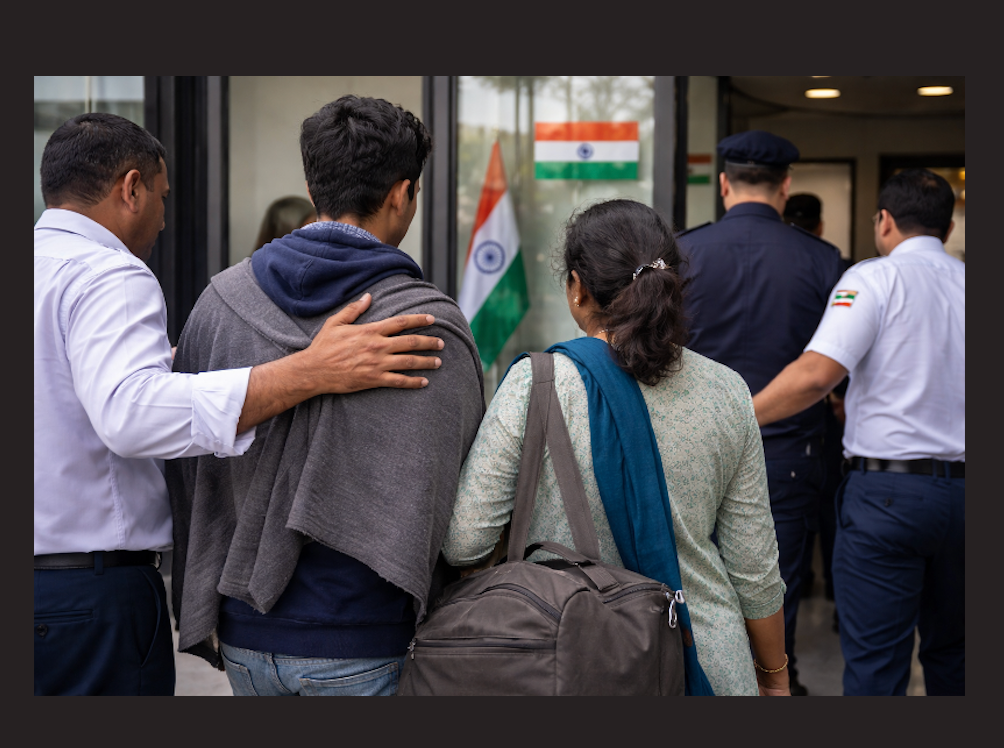-
Earlier this year, The Humanism Project and Hindus for Human Rights ANZ had submitted a joint proposal to the City of Melbourne, urging the inclusion of caste in anti-discrimination policies
-
Their efforts align with the Australian Human Rights Commission’s ongoing work to create a National Anti-Racism Framework, which also acknowledges casteism’s impact in Australia, highlighting the need for comprehensive legislative and policy measures to address this issue
Melbourne has become the second Australian city to incorporate caste discrimination into its anti-discrimination policies, following the City of Monash’s pioneering move earlier this year, reported nriaffairs.com.
On September 3, 2024, the Melbourne City Council passed a landmark resolution to include combating caste discrimination in its “Inclusive Melbourne Strategy Action Plan 2024-26.” This decision, driven by Councillor Dr. Olivia Ball, is aimed at addressing prejudice based on race, color, language, religion, descent, and caste, among other factors.
Dr. Olivia Ball, who introduced the amendment, expressed pride in Melbourne’s diverse and inclusive culture. “We want our city to be a place without prejudice or discrimination on the basis of race, color, ancestry, or descent, and that includes caste discrimination,” she said.
Hindus for Human Rights Australia and New Zealand also welcomed the decision, stating that caste discrimination exists in subtle forms within diaspora communities and that this recognition would foster greater understanding and action
This initiative follows consultation with Professor Hari Bapuji, a prominent scholar on caste in organizational contexts, who emphasized the importance of including caste in inclusion policies. He remarked that Melbourne’s decision is an essential step towards raising awareness and hoped it would inspire other councils and governments to follow suit.
The Humanism Project, an Indian diaspora group advocating for the recognition of caste discrimination, lauded the council’s move, describing casteism as an “abhorrent form of apartheid.” Experts believe that with Australia’s growing South Asian community, caste discrimination is becoming a significant issue that could impact not only South Asians but also other migrant groups, First Nations people, and Australians at large.
***********************************************************
Readers
These are extraordinary times. All of us have to rely on high-impact, trustworthy journalism. And this is especially true of the Indian Diaspora. Members of the Indian community overseas cannot be fed with inaccurate news.
Pravasi Samwad is a venture that has no shareholders. It is the result of an impassioned initiative of a handful of Indian journalists spread around the world. We have taken a small step forward with the pledge to provide news with accuracy, free from political and commercial influence. Our aim is to keep you, our readers, informed about developments at ‘home’ and across the world that affect you.
Please help us to keep our journalism independent and free.
In these difficult times, running a news website requires finances. While every contribution, big or small, will make a difference, we request our readers to put us in touch with advertisers worldwide. It will be a great help.
For more information: pravasisamwad00@gmail.com








